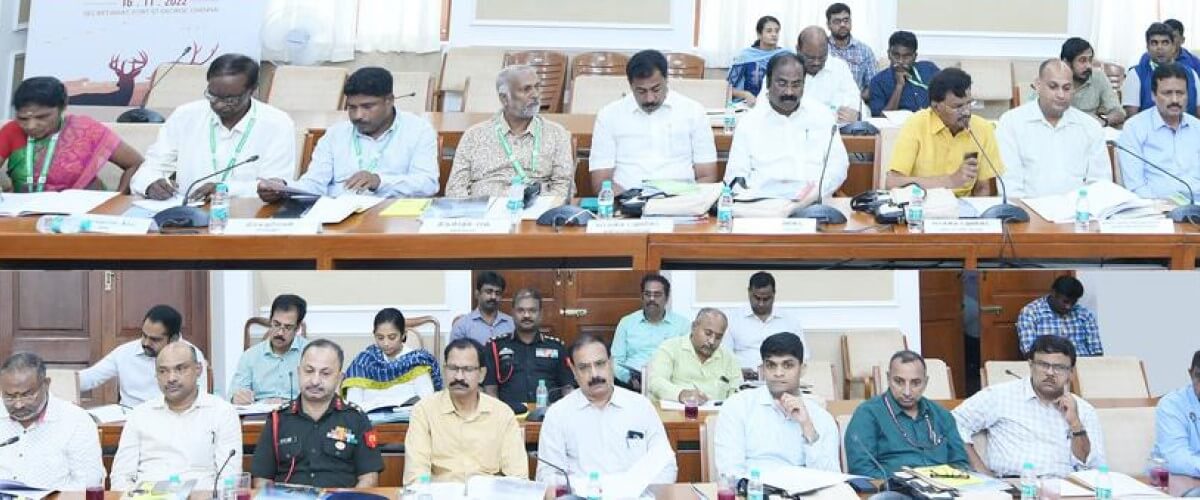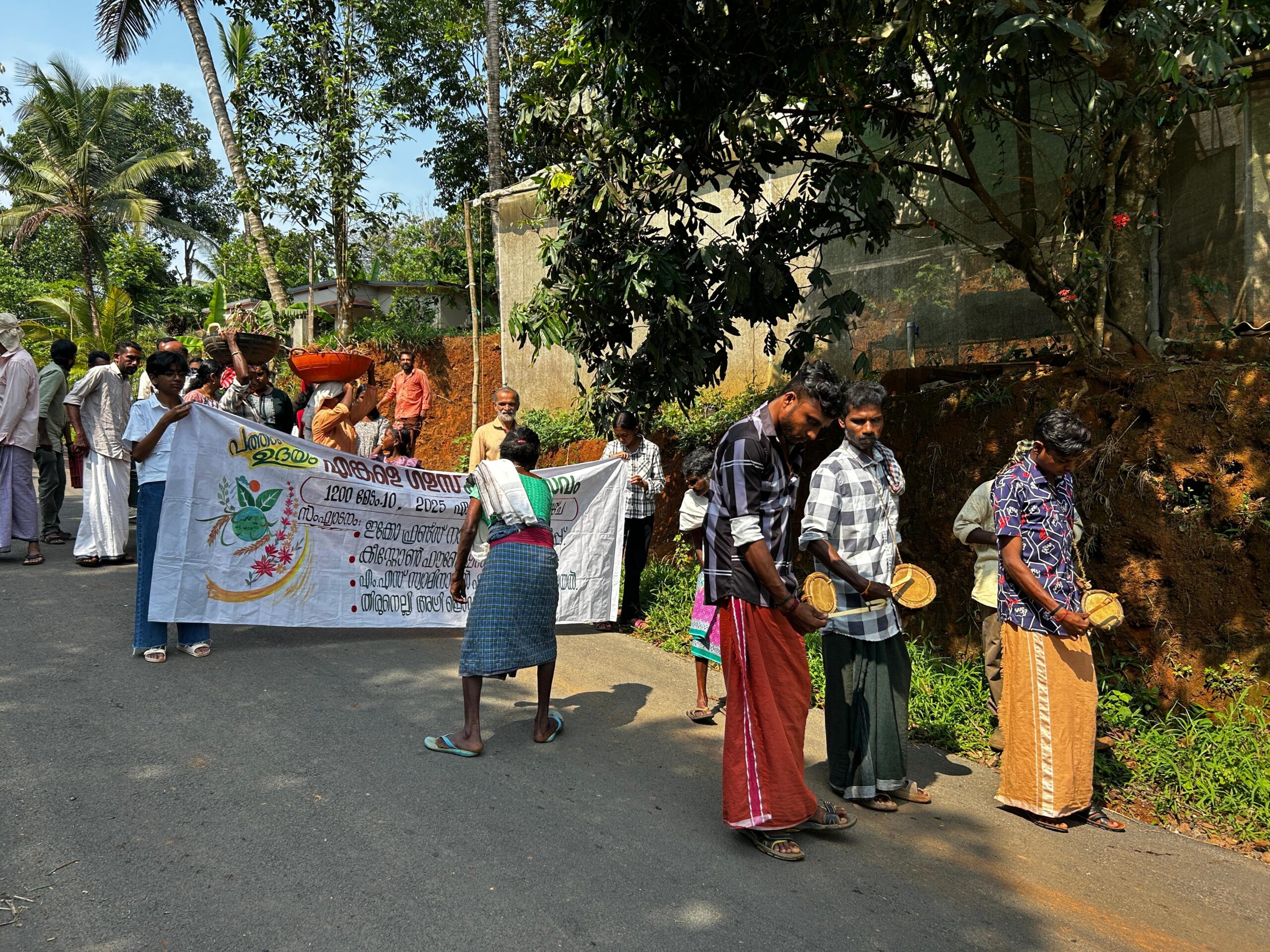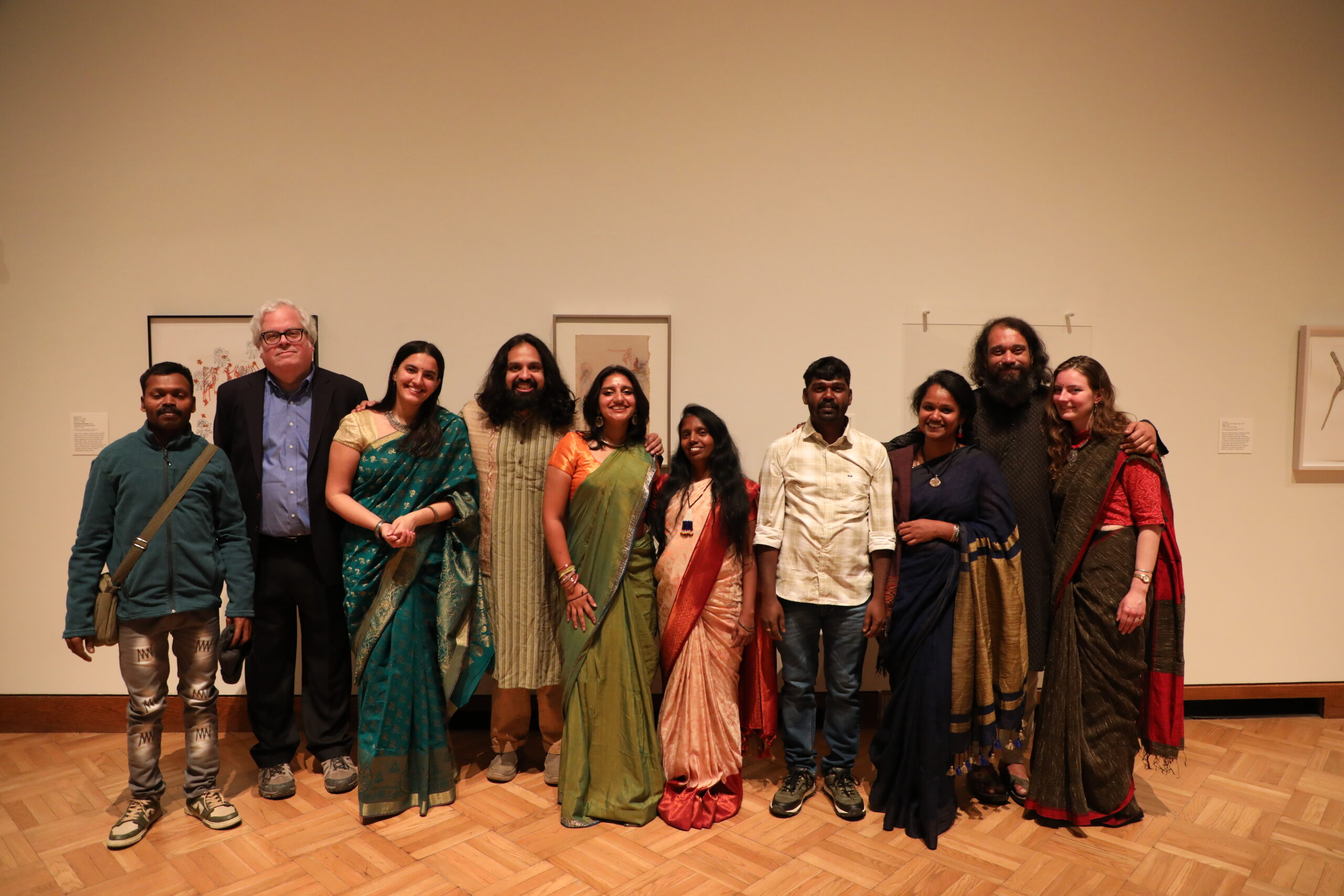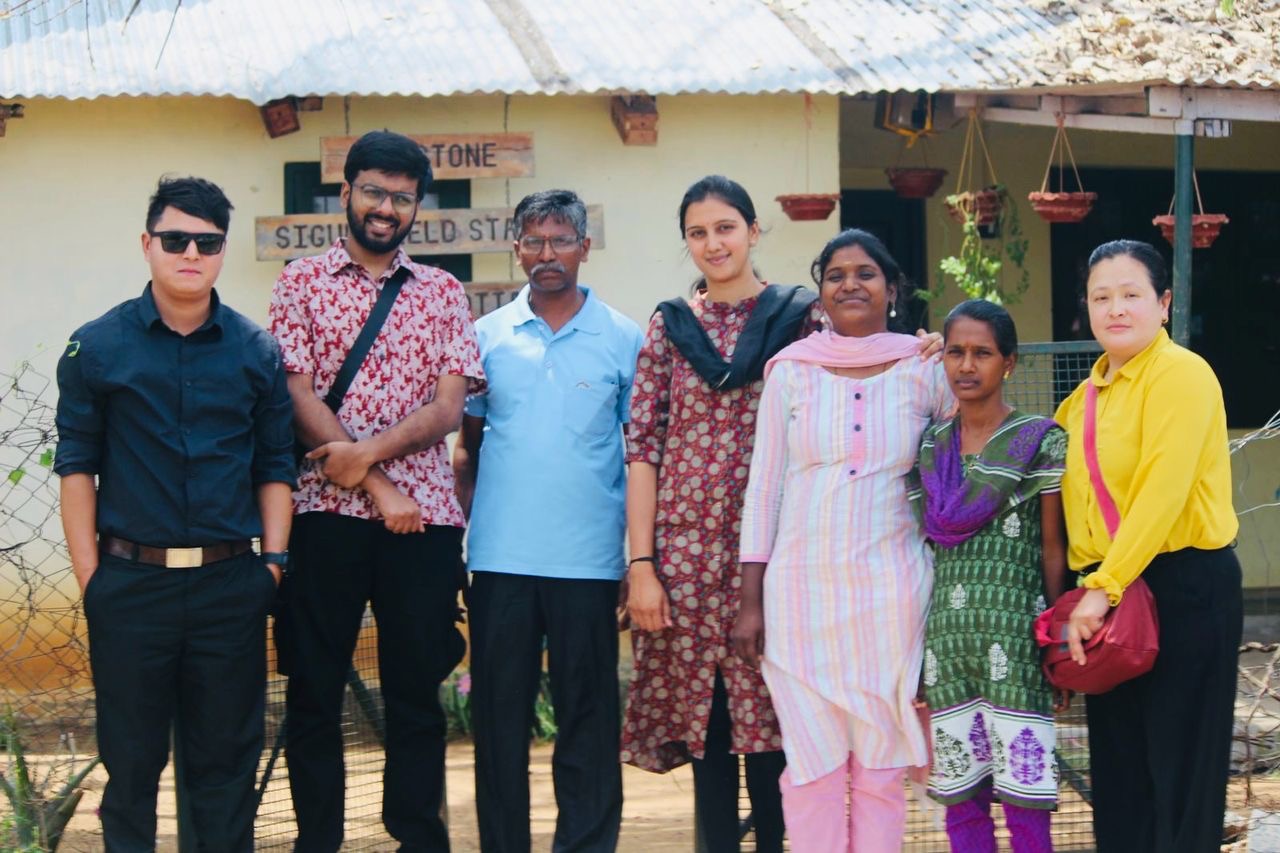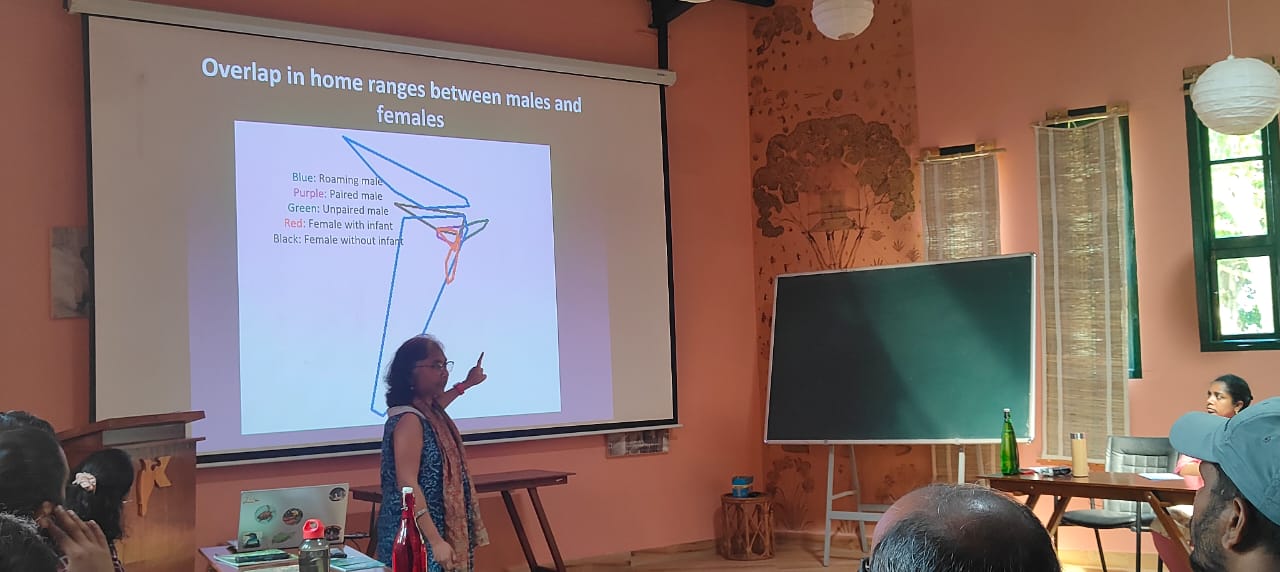November 16, 2022
By Pratim Roy – Founder & Director
On November 16, the Tamil Nadu State Board for Wildlife met for the first time since 2018, along with its newly constituted members, including myself. The Board is now chaired by our Honourable Chief Minister M.K. Stalin and has a total of 35 members, two of which are members of the Kani tribal community. Many of us were appointed in April this year under the new Government, to scrutinise and advise on matters related to both marine and terrestrial ecosystems within the State. Keystone is proud to share that this year marks the first time we have been honoured with a representation in the Tamil Nadu State Board for Wildlife.
While the main agenda of the meeting was to consider about 40+ development project proposals across Tamil Nadu, several goals for the future were also mapped out. As this official meet provides insufficient time for truly brainstorming on wildlife conservation goals, a smaller committee of selected members from within the Board agreed to meet every three months. With the next such meet scheduled in January 2023, this committee would include senior management of nonprofits such as WWF, OSAI, The Shola Trust, Arulagam and Keystone, along with the Principal Conservator of Forests and Chief Wildlife Warden. During the next meet, we also plan to present our cross-sectoral work on wildlife conservation to the Hon’ble Chief Minister.
We had a major discussion at the meeting on co-existence – how do wildlife and development complement one another? How do we manage wildlife presence outside of the boundaries of our Protected Areas, and what role can policy play in doing so? An MLA from Sankarapuram spoke at length about Thiru G. Nammalvar, the pioneer of organic farming in Tamil Nadu. Another spoke from a different angle, about clashes with the Forest Department in achieving development goals as planned today.
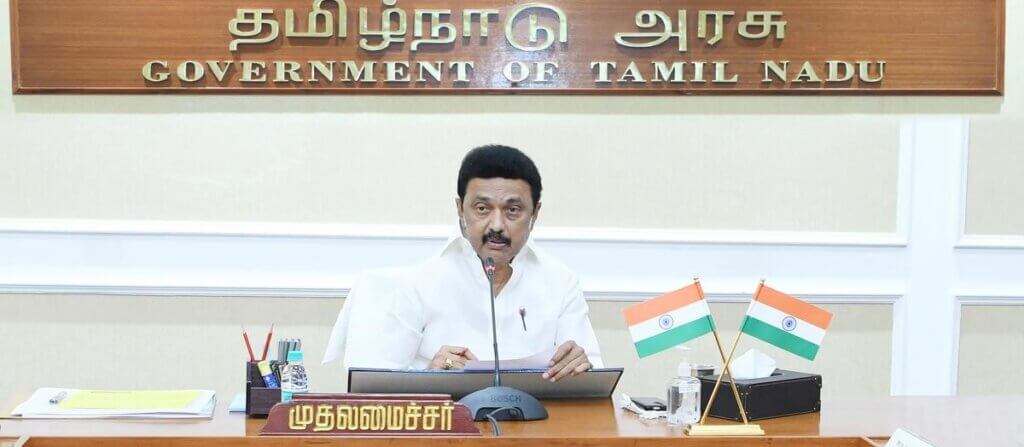
In the coming months, we look forward to strategizing ways to share inputs with government officials on the field of eco-development, where people and wildlife – conservation and community well-being – go hand in hand and enable one another. We hope to induct MLAs and senior government officials of the state into various forums related to conservation, like the potential role of the Ramsar Convention on Wetlands on protecting aquatic resources in the state for a future where water, and water-based species and livelihoods are secure. Zoological Survey of India, Botanical Survey of India, Wildlife Institute of India, along with all members of the State Board for Wildlife, could play a paramount role in revising policy and strategy if planned appropriately. We also hope to plan immersive field trips for officials, to truly experience first-hand ongoing successful work of forest conservation benefitting people, as have many visitors to Keystone’s campus in Kotagiri and other field centres.
A plethora of ideas were exchanged and planted at this meeting, and we at Keystone look forward to enabling them to sprout over the next few years. Our first-time constitution into the State Board for Wildlife offers endless possibilities for our 30 years of experience in eco-development to be translated into policy influence, rich knowledge exchanges and evolution of governance strategies.

